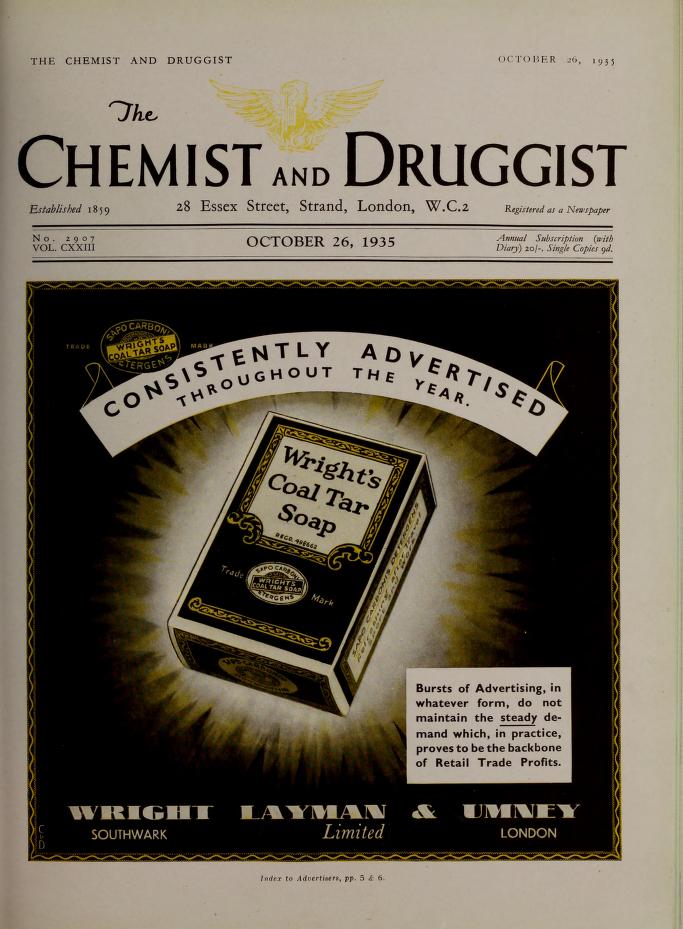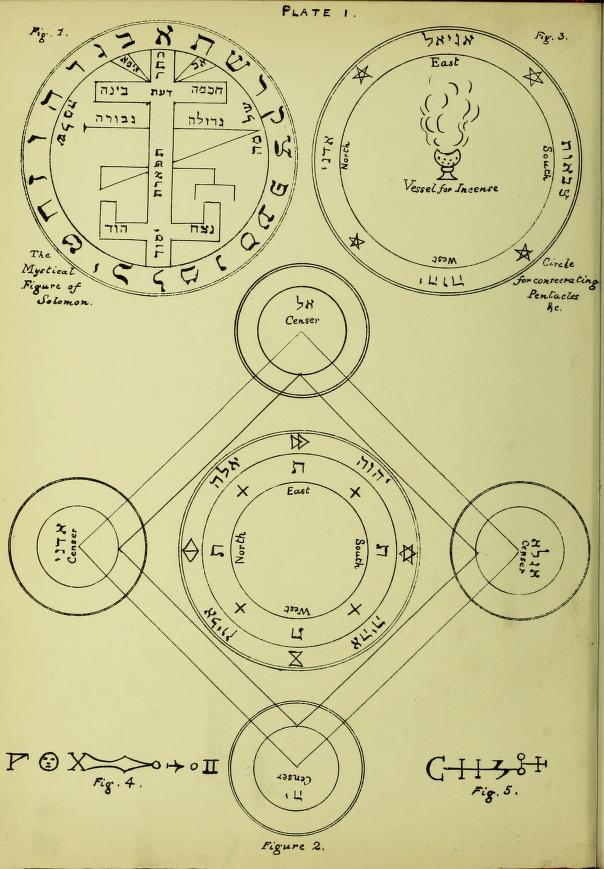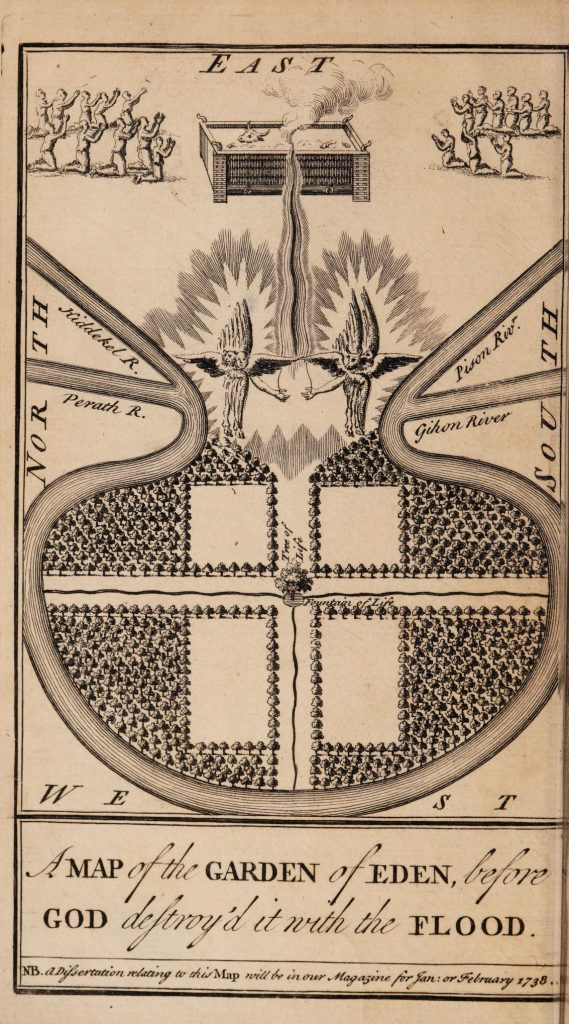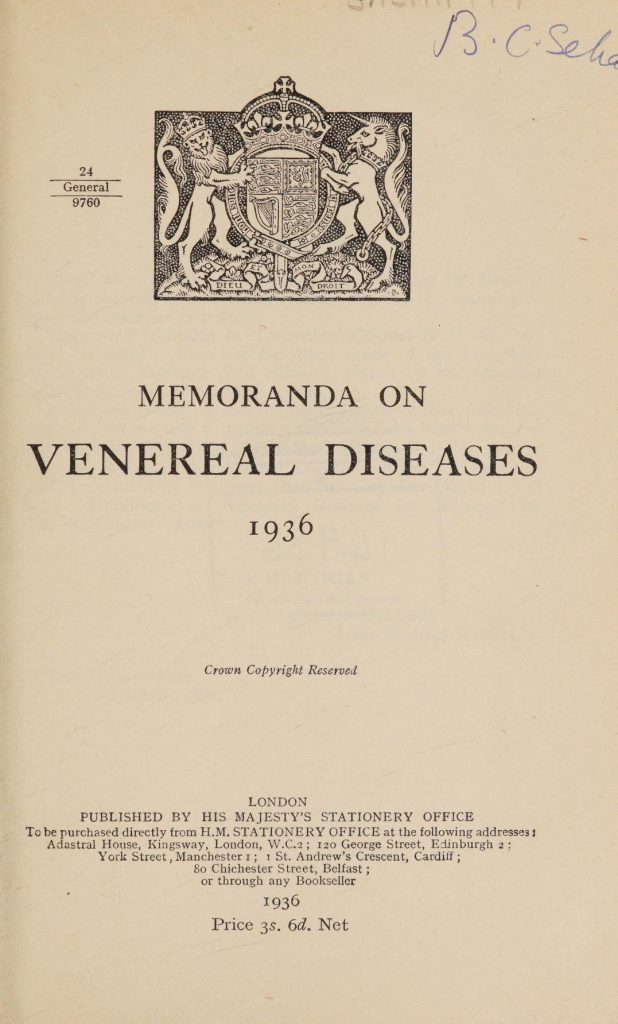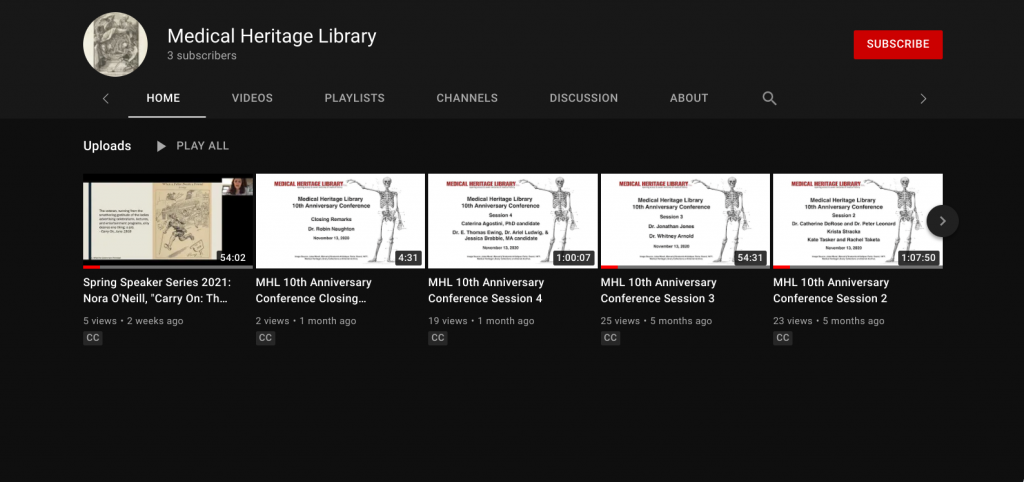The Medical Heritage Library is looking for a Metadata Intern to work with the Content and Metadata Working Group. The internship will provide hands-on experience with current metadata schemas, editing metadata on digital objects, and identifying objects for bulk metadata updates. In addition, the intern will have an opportunity to identify content based on available metadata and generate a list of possible items that could become collections.
We are looking for interns interested in learning about the use of metadata in digital collections.
DUTIES AND RESPONSIBILITIES:
- With direction from the Content and Metadata Working Group, edit and fix metadata for MHL Internet Archive (IA) digital collections.
- Create a list of digital items for metadata updates.
- Create a list of digital items based on metadata to create collections.
- Other duties as assigned
QUALIFICATIONS AND EXPERIENCE:
This is an unpaid, virtual internship for a student in a graduate library and information science program with a strong interest in metadata and digital collections. An interest in the history of medicine and public health would also be good but not required. Experience with metadata schemas and knowledge of content management systems would be helpful.
UNPAID INTERNSHIP:
This is an unpaid internship and it requires the intern to receive credit from the intern’s home institution.
HOURS: To be determined by institutional program requirements
TO APPLY:
Send a cover letter and resume to medicalheritagevicepresident@gmail.com by November 30, 2021. Please include departmental requirements for an internship along with your application.






